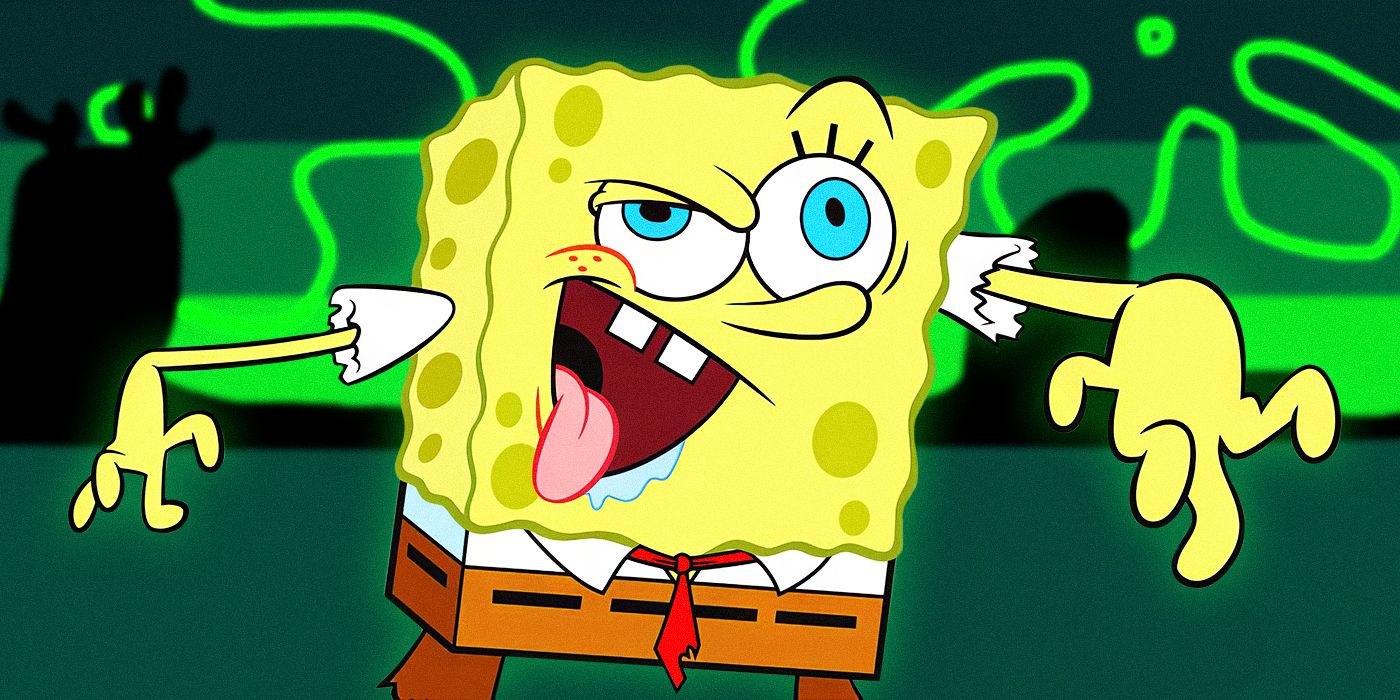
Posted on 06/21/2024 8:22:57 AM PDT by Red Badger
If you own a pair of white shoes or have ever tried to remove crayon from a wall, you're probably thankful for melamine sponges. These products practically erase tough stains and scuffs through their unique abrasiveness and without additional cleaning products. But these "magic" sponges shed microplastic fibers when worn down.
Researchers publishing in the journal Environmental Science & Technology report that, worldwide, melamine sponges could release over a trillion microplastic fibers every month.
Melamine foam is made of poly(melamine-formaldehyde) polymer—a network of hard, plastic strands assembled into a soft, lightweight foam that's surprisingly abrasive, making it the perfect material for very scrubby sponges. But, as the sponges wear away from use, the foam breaks down into smaller pieces that can release microplastic fibers that wash into sewer systems.
Once released into the environment, the fibers can be consumed by wildlife and make their way into the food chain. Yu Su, Baoshan Xing, Rong Ji and colleagues wanted to see how a melamine sponge's density and the roughness of the surface it scrubs affect how quickly the foam breaks down, as well as calculate how many microplastic fibers the sponge sheds.
The team purchased several sponges from three popular brands, then repeatedly rubbed them against textured metal surfaces, causing the foam to wear down.
They found that sponges made from denser foam wore down more slowly and produced fewer microplastic fibers than less dense sponges. Next, the team determined that a single sponge releases approximately 6.5 million fibers per gram of worn-out sponge and assumed that all sponges sold, on average, are worn down by 10%.
To get a rough idea of how many fibers could be released per month, they looked at Amazon's monthly sales for August 2023. Assuming these numbers stay consistent, the team calculated that 1.55 trillion fibers from melamine sponges could be released every month. However, this number only takes into account one online retailer, so the actual amount could be even higher.
To help minimize the emission of microplastic fibers, the researchers recommend that manufactures create denser, tougher sponges that are more resistant to wear. Additionally, they suggest that consumers opt for natural cleaning products that do not use plastics and recommend installing filtration systems to capture sloughed-off microplastic fibers either in the home or in wastewater treatment plants.
More information:
Yu Su et al, Mechanochemical Formation of Poly(melamine-formaldehyde) Microplastic Fibers During Abrasion of Cleaning Sponges, Environmental Science & Technology (2024).
DOI: 10.1021/acs.est.4c00846
Journal information:
Environmental Science & Technology
Provided by American Chemical Society

A can of clorox lasts forever.
I would expect melamine sponges to do that.

I’m more concerned about the artificial sex hormones and other unnecessary psych drugs in our water systems.
A can?..................
A can?..................
I was surprised to learn that the NY State schedule of required vaccines for children is up to 72!
I think it was about 5 when I was kid in the 1970s.
One of those for newborns is a Hepatitis B vaccine - a disease spread through sexual contact and drug use. Usually not something most newborns are doing....
You are what you scrub.
No, I don’t want no scrub
A scrub is a guy that can’t get no love from me
Those little stinkers are very abrasive. I’ll bet people are etching the surfaces of their things more than they realize.
I love it for my Stainless Steel Sink.
“A new study led by researchers at Ocean Conservancy and the University of Toronto found microplastics particles in 88 percent of protein food samples across 16 types, including seafood, pork, beef, chicken, tofu, and three different plant-based meat alternatives. The study also found no statistical difference in microplastics concentrations between land- and ocean-sourced proteins.”
Oh it gets better....
https://www.news-medical.net/news/20240621/Research-finds-microplastics-in-human-penile-tissue.aspx
Yu Su, Baoshan Xing, Rong Ji ?
Anybody that uses them know they leave some grit behind. I use them on my white counters, and to clean my stainless steel sink. I only use cutting boards to cut my meat and veggies, and throw those in the dishwasher, so no food touches the counter. I also use them to scrub the inside of my coffee carafe, but make sure I rinse it well afterward because they can leave grit. I’d bet that melamine in food from China has killed, or damaged more people around the world than Mr. Clean has. They poisoned people’s pets back in 2007 with melamine in pet food. They also got caught putting it in baby formula in 2008.
Anyone not using some kind of good drinking water filtration system is ingesting all kinds of microplastics, PFAS, and other disease causing contaminants.
With drawings of what he is talking about.
The link starts as he explains plastics.
George Carlin - The Planet Isn’t Going Anywhere. WE ARE!
https://youtu.be/09FmRNb3Krg?t=311
Get Bar Keepers Friend. Both powder and liquid.
Leaves sinks clean. Plus it scraps off cooked on food on stainless steel pans leaving them looking knew.
Cheaper at the local grocery store or Target.
https://www.amazon.com/s?k=Get+Bar+Keepers+Friend&ref=nb_sb_noss
Disclaimer: Opinions posted on Free Republic are those of the individual posters and do not necessarily represent the opinion of Free Republic or its management. All materials posted herein are protected by copyright law and the exemption for fair use of copyrighted works.